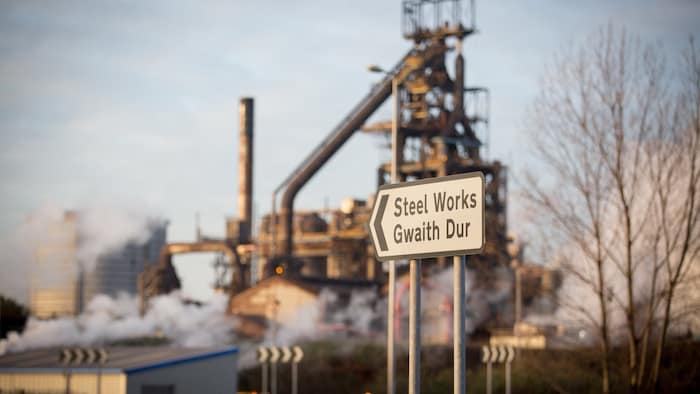Manufacturers bemoan lack of steel industry help in Budget 2016

Support for job creation, but George Osborne ignores demand for lower business rates
Manufacturing leaders said greater action was required to support the embattled steel industry, after demands for lower business rates were ignored in George Osborne’s Budget.
Steelmakers had wanted plant and machinery removed from the calculation of rates, claiming it penalised companies that invested heavily in equipment.
Terry Scuoler, chief executive of manufacturers’ association EEF, said: “My initial response to the Budget is one of relief. It’s not been a bad day for business. But we have measurable disappointment that manufacturers did not get [business rate] relief”.
The government said it would support the creation of an enterprise zone in Port Talbot, the South Wales town home to the UK’s largest steelworks where Indian owner Tata Steel is laying off 750 workers.
Following lobbying by the Welsh government, investors there will be offered tax breaks.
Mr Scuoler said the model could be introduced to other industrial areas facing seeing significant challenges, but the steel sector was “still in great pain and needs more tender loving care” from the government.
At an emergency summit with ministers in October, reform rates was among key demands from the steel industry, which was in crisis and had shed thousands of jobs over the past year. It claimed some European competitors enjoyed lower business rates.
Gareth Stace, of UK Steel, said: “We have continued to warn that without swift action the steel industry will suffer, and this was highlighted again this week with the loss of jobs at Outokumpu,” a stainless steel manufacturer in Sheffield.
“This was a sorely disappointing Budget for steelworkers. The march of the steelmakers will continue to be along a rocky road, with steel jobs and steel communities under threat of more pain,” said Roy Rickhuss, general secretary of Community, the steelworkers’ union.
Both the trade union and lobby group urged the government to do more to stem the flow of steel dumped at unfairly low prices.
However, EEF welcomed other measures that should bring some comfort to heavy industry. These included a move to shield energy-intensive industries, such as chemicals, glass and cement, from increases in green taxes.
As it sought to rebalance the UK economy, the government also said it would extend an enterprise zone in Sheffield in a bid to boost the area’s expertise in advanced manufacturing.